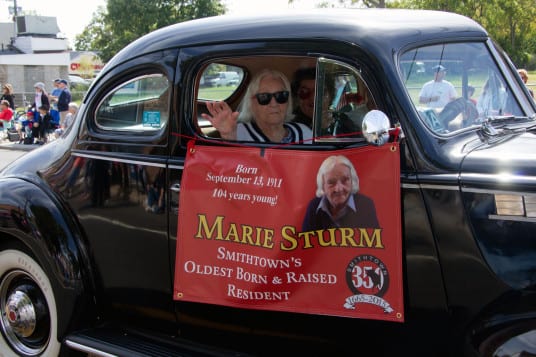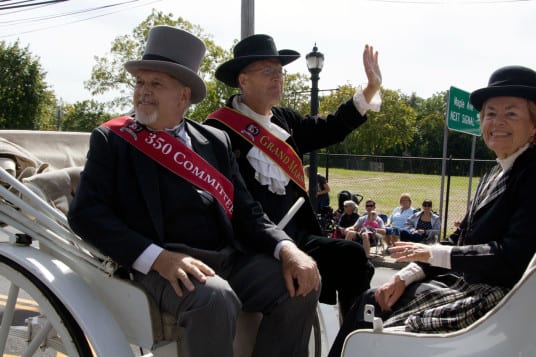There’s something in the water — our own excrement.
Last week was national SepticSmart Week, an annual U.S. Environmental Protection Agency initiative created to teach people how to care for their septic systems. People should know how to maintain these waste systems to prevent their contents from seeping into the ground and into our drinking water aquifer, but it’s a shame that we are still at this point.
Suffolk County politicians frequently talk about their lofty goals to build sewer systems throughout our neighborhoods. In addition to better protecting surface and groundwater, sewers enable commercial and residential development, which is what we need to keep Long Island a viable community for future generations. But we rarely see progress toward the widespread sewer goal.
Part of the problem is the tremendous cost of “sewering up” all of our homes and businesses. However, it’s better to start paying now than when we are in the throes of another recession and desperately need sewers in order to attract business and keep the economy chugging along; or when we wake up one morning to find our water supply irreparably saturated with human waste particles.
Although there are admirable government initiatives to reduce nitrogen pollution, sewers are the ultimate solution. Maybe our electeds are hesitant to be the hated ones handing taxpayers a large bill for the projects, but someone’s got to do it.
Until our elected officials start taking real action, there are things we can do to help spare our drinking water, such as investing our own money in our septic systems, upgrading them to more environmentally friendly ones and safely cleaning them out more frequently to prevent overflowing.
According to Suffolk County Executive Steve Bellone’s office, there are 360,000 county lots with septic systems and cesspools that add nitrogen pollution to our communities. If even 10 percent of those lot owners upgraded their septic systems, it could make a world of difference.



























